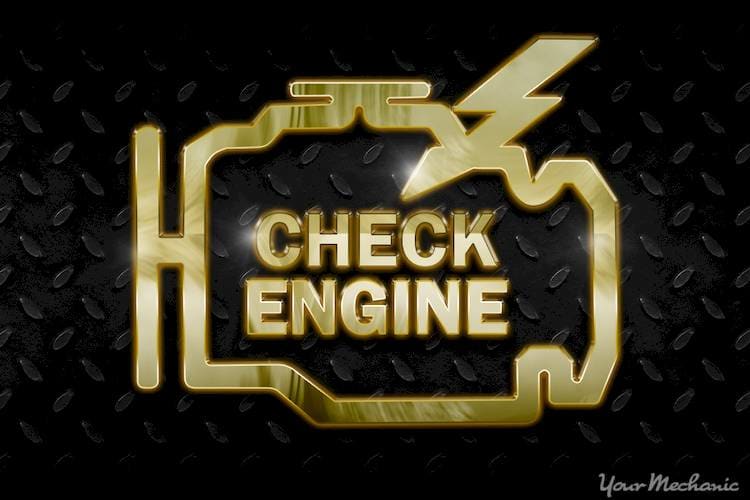P0059 trouble code definition
The definition of diagnostic trouble code p0059 is that the resistance for the heater circuit of bank 2 sensor 1 oxygen sensor is not correct.
What the P0059 code means
When this trouble code sets it means there is some sort of malfunction in the heater circuit for the bank 2 sensor 1 oxygen sensor. This most likely means that the heater is non-operational.
What causes the P0059 code?
The powertrain control module continually monitors the heater circuit for all the oxygen sensors on the car. When it detects that the resistance is incorrect P0059 can set for the bank 2 sensor 1 oxygen sensor.
There could be a problem with the wiring for the circuit or the oxygen sensor may have failed internally causing the resistance for the circuit to be incorrect.
What are the symptoms of the P0059 code?
The only symptom you will notice is that the Check Engine Light will be illuminated signifying that there is a problem with your car. When the heater circuit in an oxygen sensor fails, it means that it will take longer to get to its operating temperature. This means emissions can be increased during cold starts.
Any time there is a fault where vehicle emissions will be increased by one and a half times and the Check Engine Light must illuminate as mandated by the federal government.
How does a mechanic diagnose the P0059 code?
To start off, I will usually do a quick visual inspection of the oxygen sensor harnesses for any obvious signs of damage. If there is any visible damage found it must be corrected before further diagnostics can be performed. The damage is likely the source of the trouble code setting.
If no damage is found I will measure the resistance of the heater circuit in the oxygen sensor itself. The service manual will have a specification for what the resistance should be. If the sensor reads out of specification you have found the problem.
If the sensor checks out ok I will connect a test lamp into the vehicle side of oxygen sensor heater circuit (as opposed to the oxygen sensor harness itself). If the test light shines bright it confirms that the heater circuit is functioning normally.
If the sensor tests normal and the vehicle side tests ok with the test light, it is time to take a close look at the connection between the vehicle side of the harness and the oxygen sensor harness.
There could be corrosion or damage to the terminals that is causing a poor connection and causing P0059 to set.
Common mistakes when diagnosing the P0059 code
By far, the most common “mistake” is simply replacing the bank 2 sensor 1 oxygen sensor without performing and diagnostics at all. This happens a lot because the vast majority of the time it is the sensor itself that has failed. The sensor is heated to 500 degrees fahrenheit every time the car is turned on. As you could imagine that is a lot of stress. It’s a high failure item so it can be easy to get lazy and just replace the sensor.
Another common mistake is measuring the wrong terminals in the connectors. It is important to know how to read the wiring diagrams so you know you are measuring the correct circuits.
How serious is the P0059 code?
This is not a very serious code. Other than the fact that you will not pass an emissions test, you will not notice any real drivability problems.
What repairs can fix the P0100 code?
As stated earlier the most common repair is replacing a faulty oxygen sensor.
After the sensor itself the next most common repair is fixing a problem in the wiring that may have been caused by some road debris or the harness being misrouted and getting chaffed through.
Need help with a P0100 code?
YourMechanic offers certified mobile mechanics who will come to your home or office to diagnose and repair your vehicle. Get a quote and book an appointment online or speak to a service advisor at 1-800-701-6230.
Check Engine Light
P0059
trouble codes
No more waiting rooms! Our mechanics will come to you to diagnose and fix the P0059 code.





